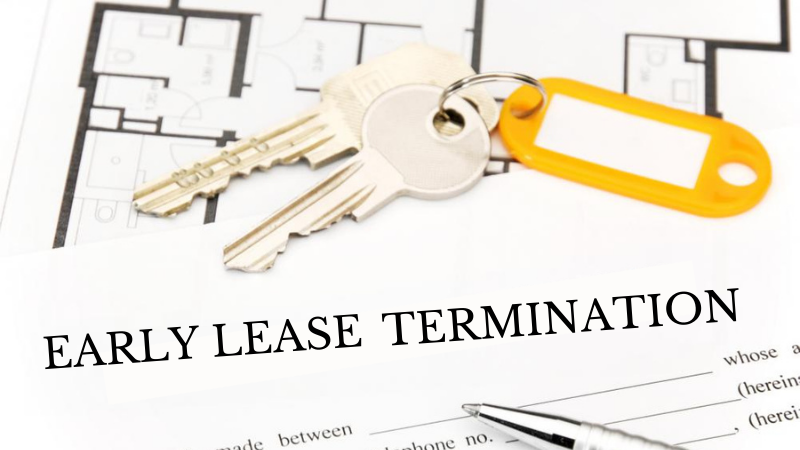
What Is the Penalty for Early Apartment Lease Termination?
A fixed-term lease means your tenancy automatically ends when the lease term is up. Until then, you're on the hook for the rent and other payments for the whole duration of the lease. You can leave early if the lease says you can or if you negotiate an early release with the landlord. If you just take off without paying rent, you could face serious consequences.
Early Termination Clause? There May be No Penalty
Early termination or early-release clause gives you the right to terminate the lease early in certain circumstances. Some clauses give you an out after a certain period, for example, six months into the lease term. Others let you terminate the lease if you lose your job or encounter other hardship circumstances. Usually, you'll have to give notice of your intention to vacate a month or two in advance. Follow the notice requirement closely or you might miss your opportunity to leave.
No Early Termination? The Landlord May Sue
Signing a lease means that you agree to pay the rent and observe the lease obligations right up until the end of the lease. If you leave the apartment early without the landlord's permission, then the landlord is entitled to collect rent from you for the duration of the lease, even for the months you weren't there. If you do not pay up, the landlord can sue you to recover what he is owed. For example, if you sign a 12-month lease and agree to pay 1,000 euros per month, but you terminate the lease early and leave after only eight months, the landlord can sue you for the remaining four months of the lease, even if you don't live there anymore unless he finds someone else to take your place. In that case, he can only seek the rent for the period during which the property was vacant.
Landlord Must Try to Re-Rent
While the landlord can file a claim for back rent, he/ she has a "duty to mitigate damages." This means that landlord must minimize your financial obligation and help reduce their own damages by attempting to re-let the apartment. Most judges will allow the landlord at least a month to find a new tenant, so at a minimum, you can expect to forfeit a month's rent. You'll also be responsible for the landlord's costs of agency fees and other out-of-pocket expenses the landlord incurs as a result of your actions.
Negotiating Your Way Out
If you don't have an early termination clause and you can't afford to pay the rent left on your agreement, then you could negotiate a way out. If you're lucky, your landlord will let you go. You can increase your chances by making sure the landlord is not out of pocket, for example, by agreeing to cover the rent for a few weeks until the landlord finds a new tenant. You could also offer to up your security deposit to help the landlord maintain the apartment until a new tenant moves in.










